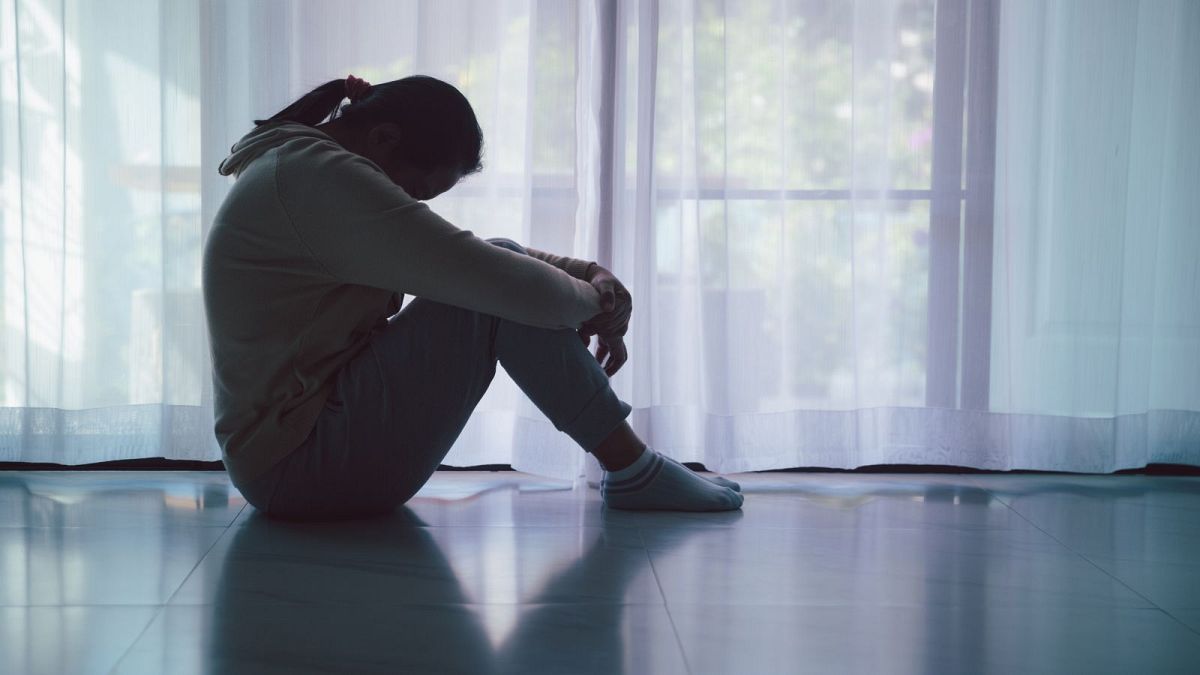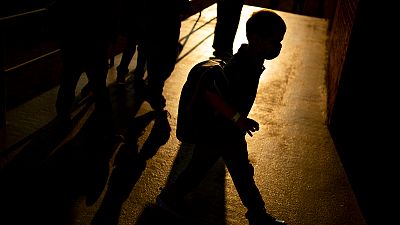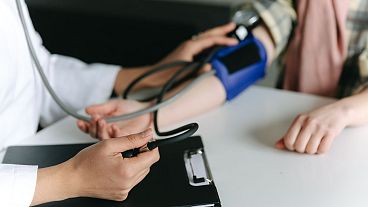Girls in 44 countries in Europe and Central Asia scored lower on mental well-being, said the World Health Organization (WHO) on World Mental Health Day.
Adolescent girls score lower on life satisfaction and mental well-being and higher on loneliness than boys, according to a new survey from the regional office of the World Health Organization (WHO) in Europe.
The report is based on data from nearly 280,000 boys and girls aged 11, 13, and 15 years old from 44 countries in Europe and Central Asia.
The WHO said the gaps get worse with older teenagers, as 15-year-old girls show the worst outcomes.
Around a quarter of 15-year-old girls said they felt lonely most of the time or always in the last year, compared with about one in seven boys, the survey showed.
The findings were released on World Mental Health Day, which aims to raise awareness about mental health issues globally.
“The challenges faced by young people today are diverse and demanding, ranging from the climate crisis to academic pressures and social expectations to the pervasive influence of social media,” said Dr Hans Kluge, WHO’s regional director for Europe.
“It is our collective responsibility to ensure they have the support and resources they need to navigate these challenges successfully”.
Teenagers’ mental health in decline
Adolescents’ mental health has been in decline since 2018, WHO said, with a rise in health complaints since 2014.
According to the survey, around 29 per cent of adolescents reported sleep difficulties and 25 per cent reported feeling low. Some 20 per cent reported frequent headaches.
Public Health France also said on Monday that mental health for adolescents and young adults aged 11 to 24 continues to deteriorate.
Around 20.8 per cent of young adults aged 18 to 24 in France struggled with depression in 2021 compared to 11.7 per cent in 2017.
The United Nations Children’s Fund (Unicef) reported in 2021 that suicide was the second leading cause of death among young people in Europe with three adolescent lives lost every day due to mental health issues.
WHO also said last yearthat the global prevalence of anxiety and depression increased by a quarter in the first year of the COVID-19 pandemic, with countries now including mental health in coronavirus response plans.
Studies have also shown that social media, which a majority of young people use, can have both positive and negative impacts on mental health, with some studies linking it to increased symptoms of depression and anxiety.
Jo Inchley, the international coordinator of the WHO Health Behaviour of School-aged Children study, said in a statement that the survey data highlights “the importance of providing caring and supportive environments in which adolescents can thrive”.



